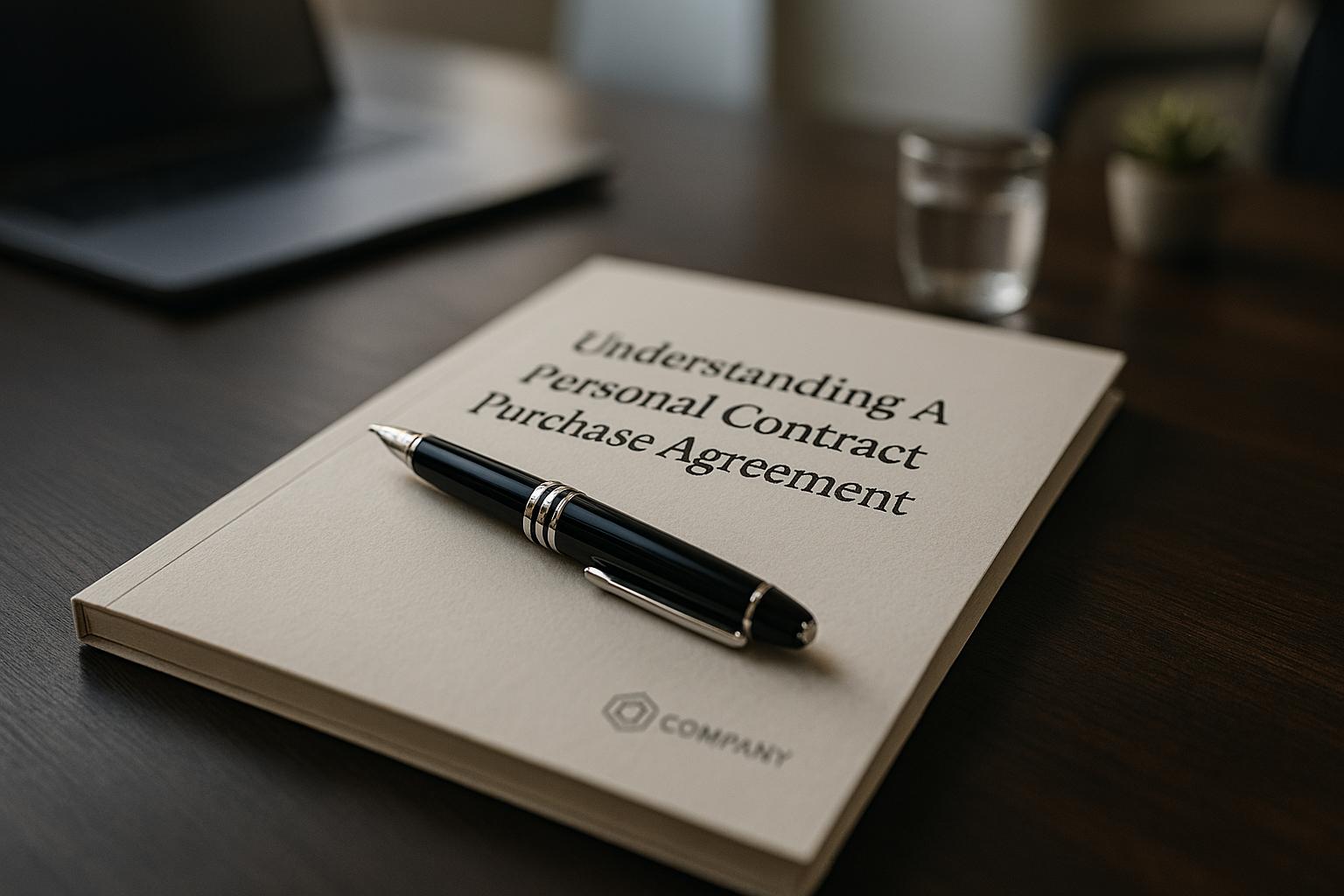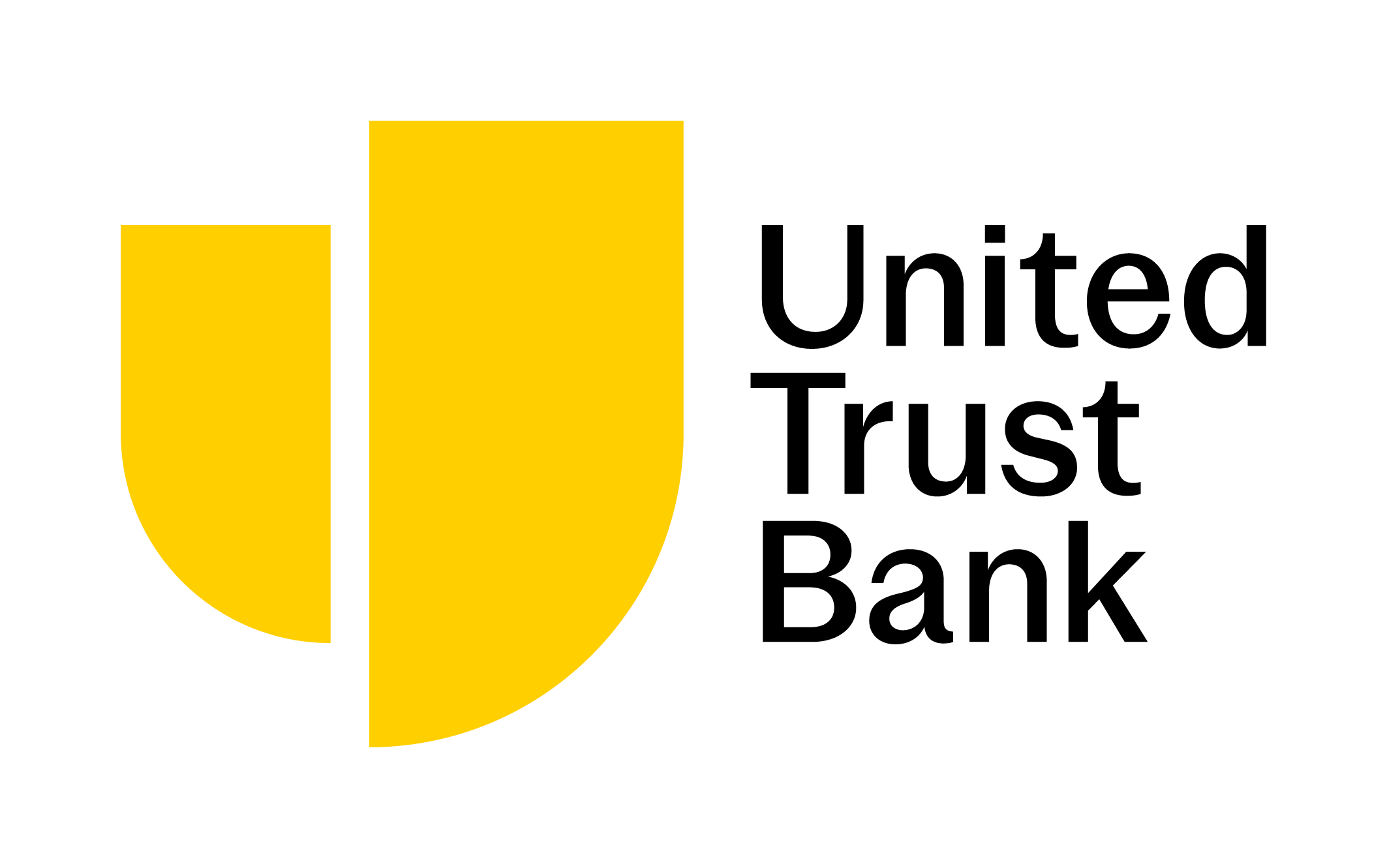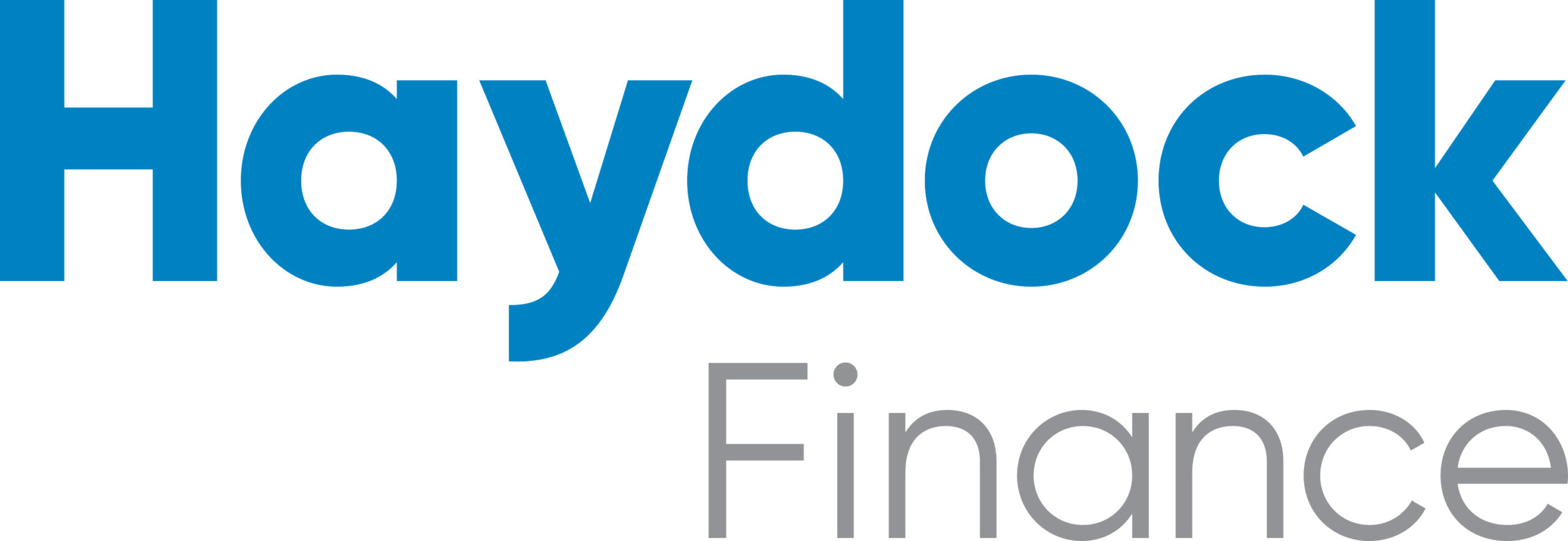Personal Contract Purchase (PCP)
Understanding Personal Contract Purchase (PCP)
Personal Contract Purchase (PCP) is another popular way to finance a Vehicle. It’s similar to Hire Purchase (HP) but offers more flexibility when your agreement ends.
Here’s how PCP works: You’ll start by choosing the car you want and making an initial deposit, which can vary. The remaining balance, after taking into account the car’s predicted future value, is then spread across fixed monthly payments over an agreed term. A key element of PCP is that your agreement will include an annual mileage allowance. You’ll make these regular payments to the finance company throughout the term.
At the start of the agreement, a Guaranteed Future Value (GFV) for the car is calculated. This GFV is essentially the predicted worth of the car when your agreement concludes.
When you reach the end of your PCP agreement, you have three main options:
- Trade in/Part Exchange: You can trade in your current car and use any equity (if the
car is worth more than the GFV) towards a new car. - Return the Car: You can return the car to the finance company. Be aware that you
might need to pay excess mileage or damage charges if the car isn’t in the agreed
upon condition. - Purchase the Car: If you’ve fallen in love with the car, you can pay the GFV (also
known as the “balloon payment”) to buy it outright.
For guidance on tax implications and to ensure optimal tax efficiency, please consult a
qualified tax advisor or accountant. Evogo Asset Finance does not provide tax advisory
services.
Features and Benefits of Personal Contract Purchase
PCP comes with several appealing features and benefits. You’ll typically find lower monthly payments compared to HP, as you’re not paying off the car’s full value. This finance option offers excellent flexibility at the end of the agreement, giving you the choice to change your car regularly, return it, or buy it. PCP is frequently used for new or nearly new cars, and the Guaranteed Future Value provides certainty about the car’s minimum worth when the agreement ends.
Pros and Cons of Personal Contract Purchase
Pros:
- You’ll benefit from lower monthly payments, making it easier to afford a newer vehicle.
- PCP can offer more car for your money due to those lower monthly outgoings.
- It allows for regular car changes, which is ideal if you like to drive the latest models.
- The GFV protects you against depreciation, providing a clear exit value for the vehicle.
Cons:
- You won’t own the car unless you pay the GFV at the end of the agreement.
- Mileage restrictions apply and exceeding them can lead to expensive charges.
- Damage charges may be applied if the car isn’t returned in good condition.
- If you choose to purchase the car outright, PCP can potentially be the most expensive way to finance a car when all costs are considered.
- Not all vehicles qualify for a PCP often they are car, LCV or manufacturer specific and can vary by lender.
At Evogo Asset Finance, we believe that securing finance for your next acquisition, regardless of its type or purpose, should be a straightforward and empowering experience. Our process for obtaining specialist finance is meticulously designed to be very simple, safe, personalised, and secure:
Your Finance Options
We want to help you understand the different finance agreements available through Evogo Asset Finance so you can make an informed decision. This guide provides an overview of the features, benefits, and pros and cons of each finance option. We'll also explain the difference between regulated and unregulated agreements.
This information is for your understanding only. It's designed to help you determine which product best suits your needs, but it is not financial advice. Before you sign any agreement, the lender will provide a detailed explanation of the product you have chosen.









